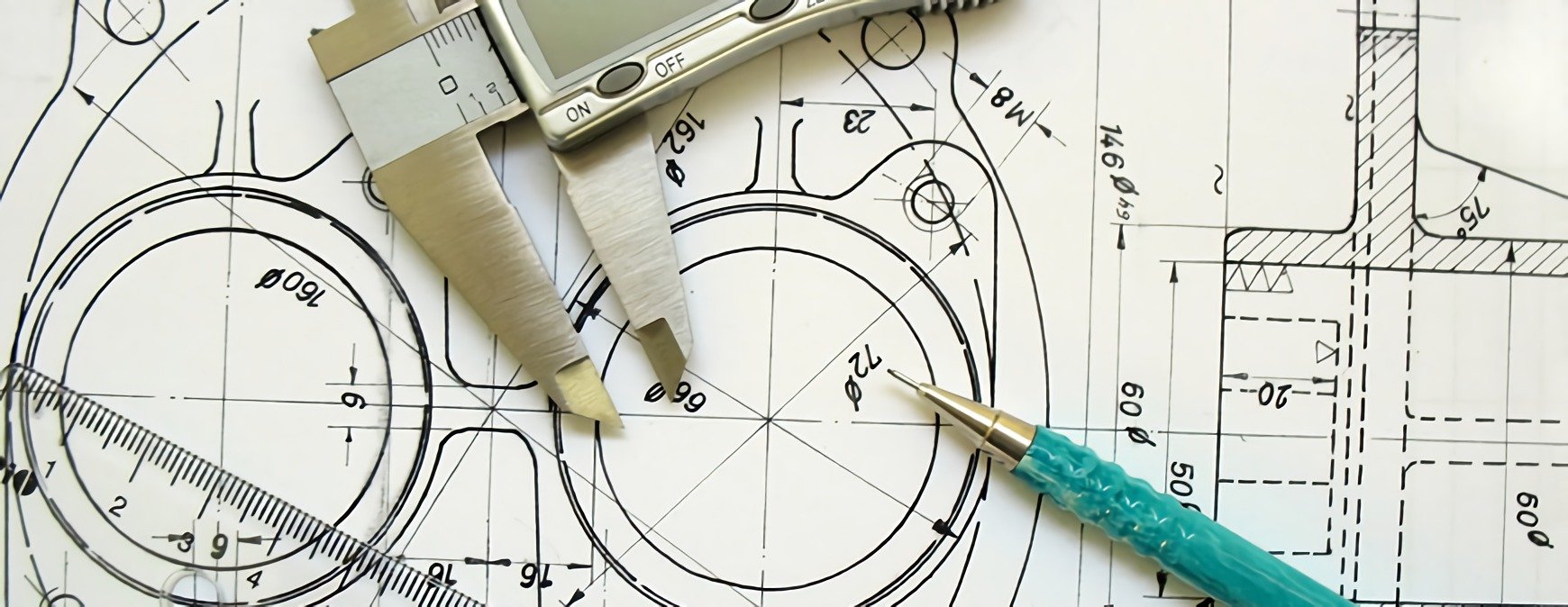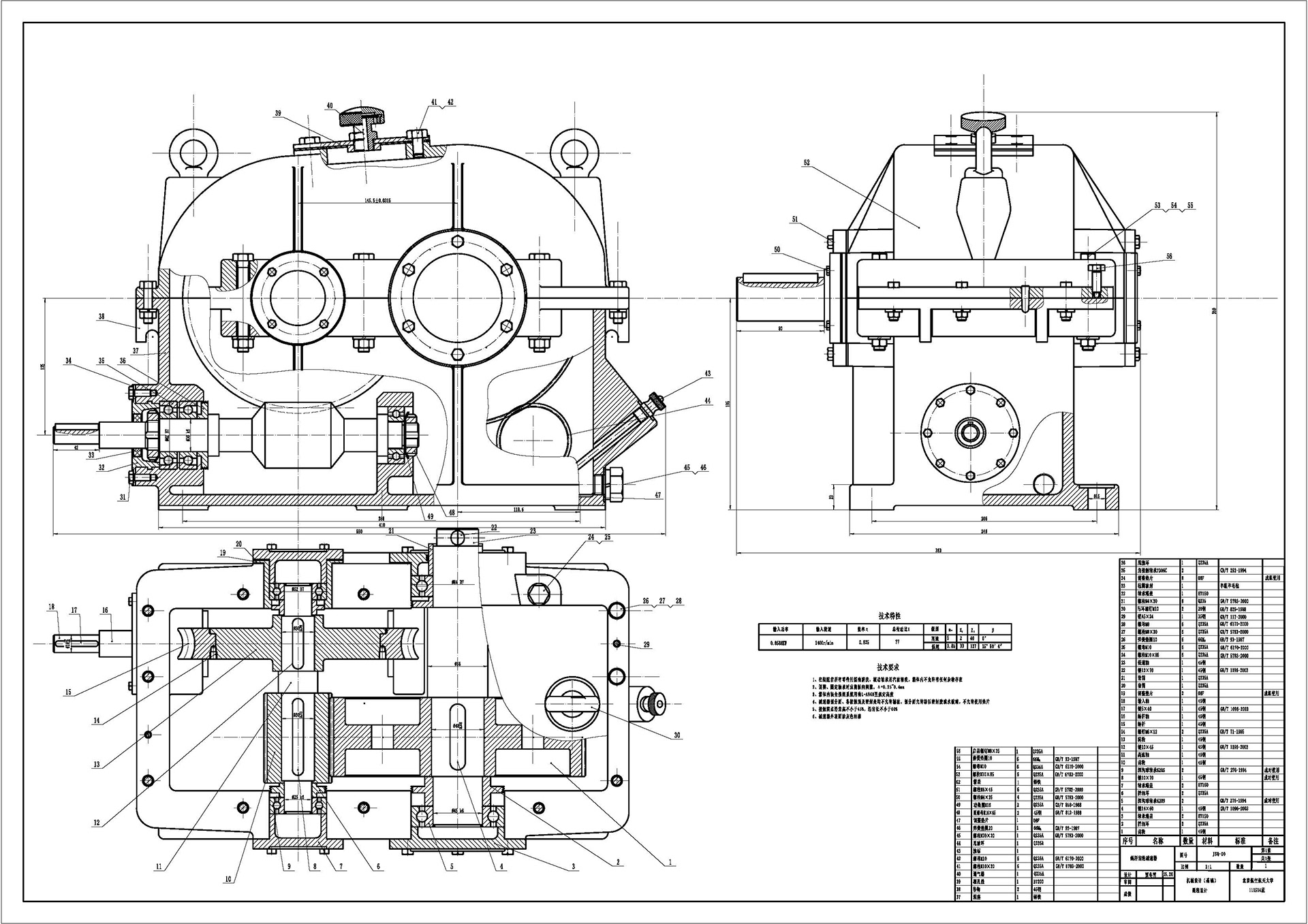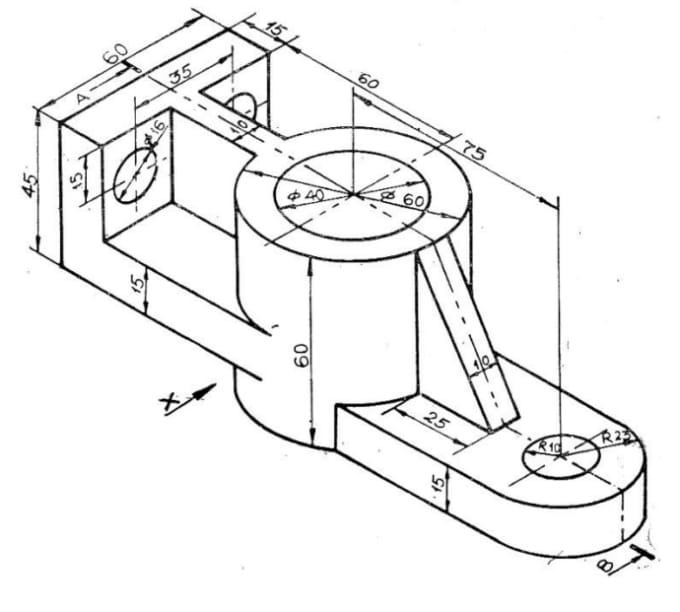Drawing mechanical engineering engineer clock steampunk pdf symbols cad technical patent google drafting patents drawings sketch gears line movement map
Table of Contents
Table of Contents
Are you interested in learning how to draw mechanical drawings? This skill can be incredibly useful in fields such as engineering, architecture, and manufacturing. In this post, we will explore the steps needed to draw mechanical drawings, as well as provide tips and tricks to make your drawings accurate and efficient.
The Challenges of Drawing Mechanical Drawings
One of the biggest challenges in drawing mechanical drawings is ensuring accuracy. These drawings are often used to manufacture products, so even a small mistake can lead to costly errors in production. In addition, mechanical drawings can be very detailed, with many parts and dimensions to include. This can make the drawing process time-consuming and overwhelming, particularly for beginners.
How to Draw Mechanical Drawings
The first step in drawing mechanical drawings is to gather all necessary information. This may include sketches, blueprints, or technical specifications. Once you have this information, you can begin to create your drawing using drafting software such as AutoCAD.
When drawing mechanical drawings, it is important to focus on accuracy and clarity. Use a ruler, compass, and protractor to ensure precise measurements and angles. Label all parts and dimensions clearly to avoid confusion during manufacturing. In addition, use standard symbols and abbreviations to make the drawing easy to read.
Finally, once your drawing is complete, review it thoroughly for any errors or omissions. It may also be helpful to have someone else review your drawing to catch any mistakes you may have missed.
Main Points
In summary, to draw mechanical drawings, you must gather all necessary information, use drafting software such as AutoCAD, focus on accuracy and clarity, label all parts and dimensions clearly, use standard symbols and abbreviations, and review the drawing thoroughly for errors.
My Personal Experience
When I first started learning how to draw mechanical drawings, I found it overwhelming. There were so many parts and dimensions to include, and I often found myself second-guessing my work. However, with practice, I began to feel more confident in my abilities. I found that using drafting software made the process much easier, as it allowed me to make changes quickly and easily.
One tip I found helpful was to break the drawing down into smaller parts. Instead of trying to tackle the entire drawing at once, I focused on one section at a time. This helped me stay organized and avoid feeling overwhelmed.
Common Mistakes to Avoid
One common mistake when drawing mechanical drawings is failing to label all parts and dimensions clearly. This can lead to confusion during manufacturing and costly errors. In addition, it is important to use standard symbols and abbreviations to make the drawing easy to read.
Another mistake is failing to review the drawing thoroughly for errors. Even a small mistake can have a significant impact on manufacturing, so it is important to catch any errors before they become costly mistakes.
Tips for Success
To succeed in drawing mechanical drawings, it is important to take the time to gather all necessary information and focus on accuracy and clarity. Use drafting software to make the process easier, and break the drawing down into smaller parts to avoid feeling overwhelmed. Finally, review the drawing thoroughly for errors before submitting it for manufacturing.
Conclusion
Learning how to draw mechanical drawings can be challenging, but with practice and dedication, it is a skill that can be mastered. By focusing on accuracy and clarity, using drafting software, and reviewing the drawing thoroughly for errors, you can create drawings that are efficient and effective in manufacturing. With these tips and tricks, you will be well on your way to becoming a skilled mechanical drawer.
Question and Answer
Q: What are some common symbols used in mechanical drawings?
A: Common symbols in mechanical drawings include circles, squares, triangles, lines, and arrows. These symbols are used to represent various parts and dimensions in the drawing.
Q: How can I ensure accuracy when drawing mechanical drawings?
A: To ensure accuracy, use a ruler, compass, and protractor to make precise measurements and angles. Label all parts and dimensions clearly, and review the drawing thoroughly for errors.
Q: Why is it important to use standard symbols and abbreviations in mechanical drawings?
A: Standard symbols and abbreviations make the drawing easier to read and understand. This is especially important when the drawing is used for manufacturing, as it can help avoid confusion and errors.
Q: What should I do if I make a mistake in my mechanical drawing?
A: If you make a mistake, don’t panic. Simply use your drafting software to make the necessary changes. It may also be helpful to have someone else review the drawing to catch any mistakes you may have missed.
Gallery
Understanding Mechanical Drawings – Mechanical Drafting Course

Photo Credit by: bing.com / drawings mechanical understanding machine detail grinder drafting
How To Read Mechanical Drawings - Tulsa Welding School

Photo Credit by: bing.com / mechanical drawings read drawing
Drawing - Google Search | Technical Drawing, Patent Drawing, Steampunk

Photo Credit by: bing.com / drawing mechanical engineering engineer clock steampunk pdf symbols cad technical patent google drafting patents drawings sketch gears line movement map
Mechanical Drawing At PaintingValley.com | Explore Collection Of

Photo Credit by: bing.com / drawing mechanical turbine paintingvalley drawings jocelyn jia
Autocad Mechanical Drawing At GetDrawings | Free Download

Photo Credit by: bing.com / mechanical autocad drawing drawings draw getdrawings






